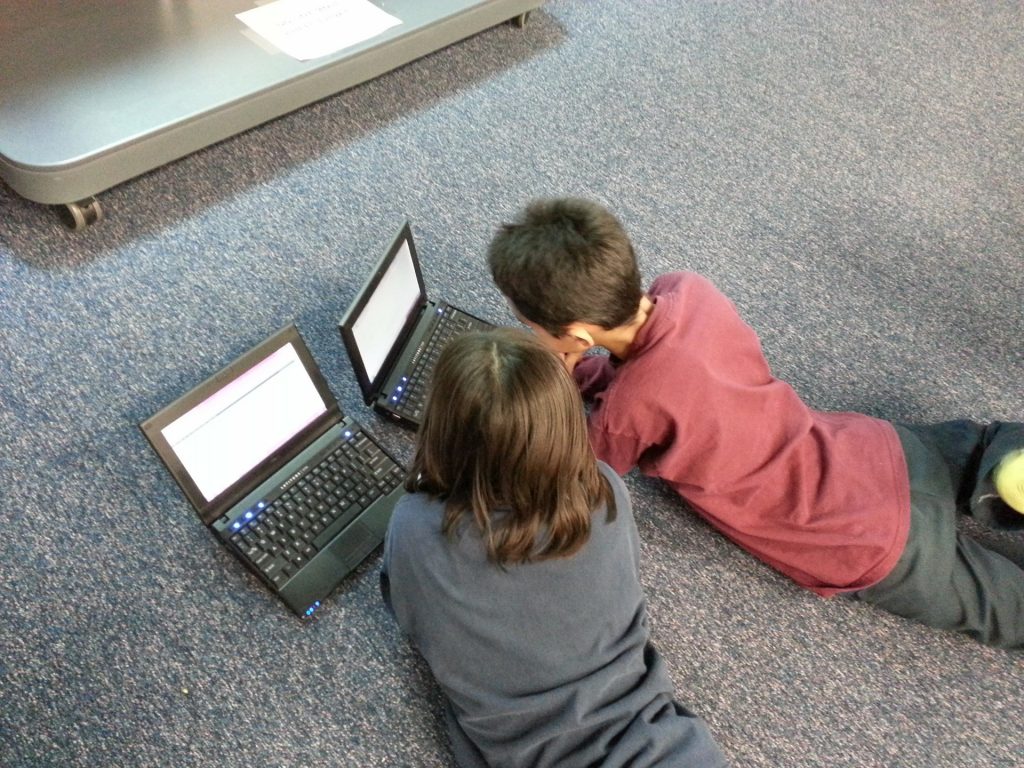In March 2020 at the onset of the pandemic, I gave a warning and prediction about how the COVID-19 could affect children's vision. Unfortunately, some of these predictions have come true.
The lockdown meant that millions of children had been forced into lockdown and continue their education remotely. The reduced outdoor time and increased indoor time, especially when focusing on near tasks such as using a computer for virtual lessons have created a perfect storm that has impacted the vision of many children.
The conditions have been ripe for an adaption to our children's eyes and vision to the environment. Many more children have become short-sighted/myopic because of this environment.
Sitting in a classroom gives children a dynamic environment where they naturally focus on their work and then look further away at the teacher or the board. They have time outdoors to move around and exercise. This is a healthier environment for their eyes and vision.
Alarmingly, the first signs of the deterioration in our children's sight came from a study of 200,000 school children where the number of children who had become short-sighted in 2020 had doubled compared to the 4 years before.
As well as making a child's sight progressively blurry without glasses, myopia significantly increases the risk of blindness in adults.
As a specialist in helping children who are short-sighted, we've also seen worryingly high numbers of children coming to see us for the first time. The average change in new children coming to see us since the first lockdown in March 2020 was nearly twice as high as 2019 (average change was -1.31DS per year compared to -0.75DS in the previous year.) We've seen more new children for myopia management in the first quarter of the 2021 than the whole 2019. Understandably, some of this is due to increased awareness that parents can do something to slow down the rate of deterioration and awareness of our amazing record safely and successfully of managing myopia in children. During 2020, 68% of children on our myopia management programme had NO CHANGE in their sight. The average change for all of the children was just -0.13DS during 2020.
We've been pioneers in myopia management for over 5 years, ever since first scientific studies were being published and techniques that could slow the rate of progression were being identified. Combined with in-depth knowledge of how the visual system develops, how the binocular vision and focusing mechanisms of the eyes can influence the progression of myopia, we have been successful in helping hundreds of children. Our service, approach and results have meant that we've celebrated many awards and accolades in recognition for myopia management and our contribution to helping slow the global epidemic in myopia.
If your children has short-sightedness, contact us as soon as possible to help slow down the rate of change and protect their eyes for the future.

